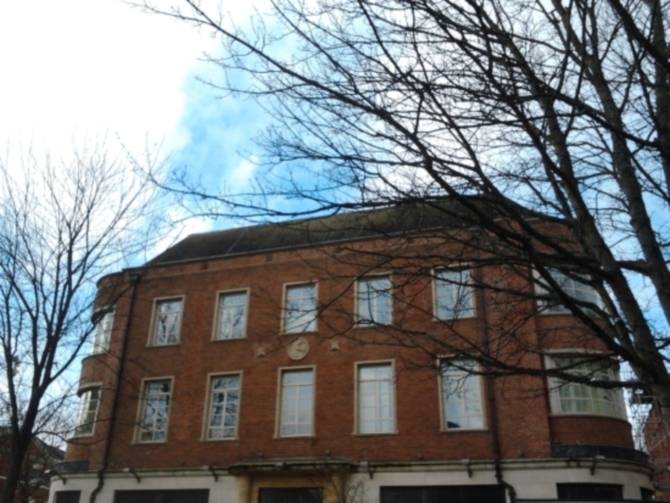Commercial Property owners stand to lose hundreds of millions of pounds because of an imminent change in the tax law. The rules on capital allowances will change in April, and tax specialists say this will lead to a fall in property valuations.

Property owners are currently able to claim tax relief on their spending on plant machinery and equipment, including air conditioning, lighting, lifts and carpets.
Up to 85 per cent of building fit-outs can be eligible for these capital expenditures, according to CBRE.
When a building is sold, there is currently no time limit in place for when the new owner is required to make a claim for these capital allowances. Starting in April, allowances will only be able to be claimed within the first two years after the property has changed hands. As a result, thousands of owners may miss out on millions of pounds in tax relief.
New owners buying commercial properties will not be able to claim tax relief in the future if a previous owner did not claim the capital allowance within the required two-year period. This could mean that potential buyers may offer lower prices to compensate for the lost relief.
According to Graham Burrell, CBRE’s head of capital allowances, many owners and investors were unaware of the change. He pointed out recently that this needs to be a priority as the deadline approaches. Anyone who plans to purchase a property after April needs to make sure they are aware of whether the capital allowances are still available.
HMRC made the change to curb the number of property owners making fraudulent tax relief claims, according to Neil Farquhar, the head of capital allowances at Savills. He points out that the legislation was meant to give tax relief on the commercial buildings once but what has been happening is that it has been abused over the years.
Mr. Farquhar also pointed out that the change could stall future sales. He said that it would hold up transactions because buyers would not know what the capital allowance status was with the buildings and that due diligence would need to be more thorough as a result.
Previous Post
Fund proposed to rescue NI Firms from Property Debt